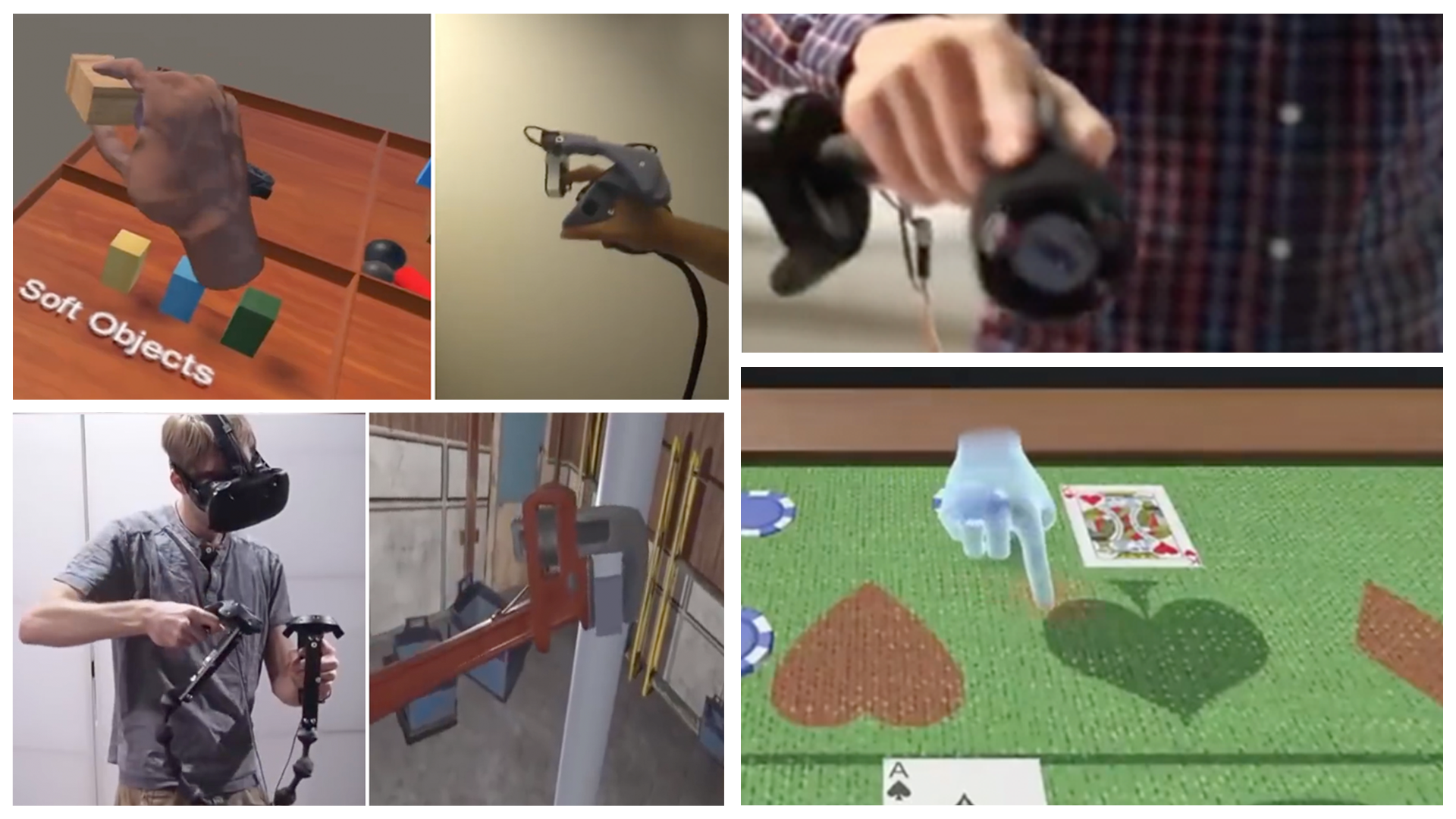 Amazing people working to make the world a better place—that pretty much encapsulates the presentations at the recent PopTech (opens in new tab) conference in Camden, Maine. A network of cutting-edge thinkers from many disciplines, PopTech fosters deep, world-changing collaborations. And in a world where science often receives short shrift in the popular media, the annual PopTech conference puts a spotlight on the social impact of science.
Amazing people working to make the world a better place—that pretty much encapsulates the presentations at the recent PopTech (opens in new tab) conference in Camden, Maine. A network of cutting-edge thinkers from many disciplines, PopTech fosters deep, world-changing collaborations. And in a world where science often receives short shrift in the popular media, the annual PopTech conference puts a spotlight on the social impact of science.
One of the highlights of the conference was the inauguration of the PopTech Science and Public Leadership Fellows Program (opens in new tab), which aims to develop “a corps of highly visible and socially engaged scientific leaders who embody science as an essential way of thinking, discovering, understanding and deciding.” This initiative is supported by Microsoft Research (opens in new tab), Intel, the National Science Foundation and others.
The 18 Fellows chosen in this first year of the program were all present at the conference, with many presenting the results of their ground-breaking research. For example, Fellow Sinan Aral (opens in new tab) demonstrated his work on how behavioral contagions spread through social networks and discussed his belief that we are on the brink of a new understanding of human behavior. Sarah Fortune (opens in new tab), another Science Fellow, talked about her efforts to develop new approaches to curing TB—the leading cause of death by a treatable disease, while Fellow Justin Gallivan (opens in new tab) presented his work in synthetic biology, which aims to reprogram bacteria to track and neutralize environmental pollutants.
Spotlight: Microsoft research newsletter
Some of the most impressive talks revealed how much can be achieved with very little, by thinking outside the box. Dutch inventor Pieter Hoff (opens in new tab) showed off his creation, the Groasis Waterboxx, a simple apparatus that will enable billions of survivable trees to be planted in arid regions around the world—even deserts and salt flats—helping to reverse the crisis of CO2 buildup occurring today. Nathan Eagle (opens in new tab), from MIT, discussed his efforts to build a cell-phone based virtual workforce in Africa, where everything is now starting to be enabled via mobile phones; he is working on rolling this out in 220 operations across 80 countries, reaching a population of potentially 2.1 billion workers.

Nathan Eagle discusses the use of cell phones to empower
a third-world workforce of 2.1 billion people.
Lauren Abramson (opens in new tab), of the Community Conferencing Center, showed the means for communities to resolve conflict on their own, without governmental intervention. It’s effective and costs less than a tenth of going through the criminal justice system. Meanwhile, citizen scientist Gale McCullough (opens in new tab) presented amazing information about whale migration that she uncovered by watching closely. She has been tracking pictures of humpback whales and discovered that a particular whale photographed in Brazil was also seen off the coast of Madagascar, more than 6,000 miles away. This was breakthrough information: it was not previously known that these whales migrated this way.
Perhaps the most inspiring presentation came from Azeem Hill, co-captain of an amazing team of teenagers from West Philadelphia High School (opens in new tab). The West Philly team went head-to-head with major universities and research institutes in the Progressive Insurance Automotive X Prize competition, a contest to develop production-capable 100 MPG automobiles. The revolutionary car designed by these budding engineers from a disadvantaged community made it to the finals, edging out the team from MIT!
 The uplifting mood of the conference was reinforced by treating the attendees to a sneak preview of Kinect for Xbox 360, the new sensor that allows people to control the machine merely by moving their body. This demo was very popular, and attendees began to realize that this is just an inkling of how we will all be interacting with computer technology in the (near?) future.
The uplifting mood of the conference was reinforced by treating the attendees to a sneak preview of Kinect for Xbox 360, the new sensor that allows people to control the machine merely by moving their body. This demo was very popular, and attendees began to realize that this is just an inkling of how we will all be interacting with computer technology in the (near?) future.
—Tom McMail, senior research program manager, External Research, a division of Microsoft Research

